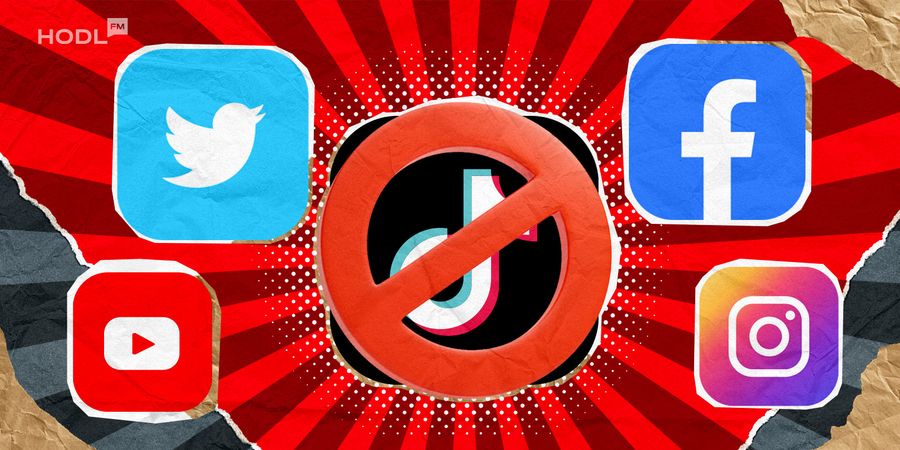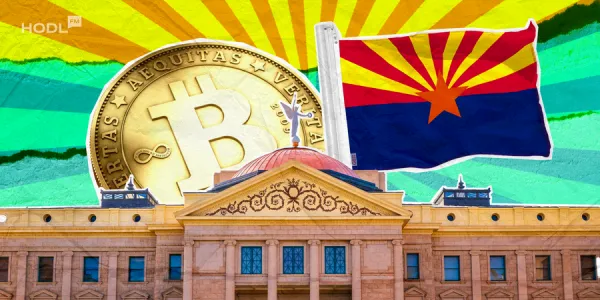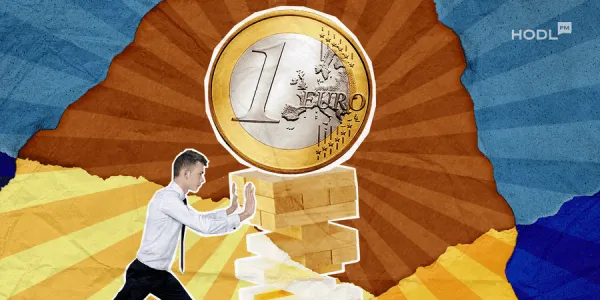Nepal has announced its decision to ban the popular video-sharing app TikTok, citing concerns about its social impact and the need to maintain social harmony and goodwill. Are you shocked, hodlers, as we are?
This move follows similar actions taken by other countries due to security concerns associated with the app, according to Reuters. The decision has generated mixed reactions, with some supporting the ban and others questioning its effectiveness and suggesting alternative approaches. Let’s delve into the details of Nepal’s decision to ban TikTok and the reasons behind it.
Read more: YouTube New CEO is Web3-friendly
Rising Demand for Control
Nepal has observed a growing demand for control over TikTok due to concerns about its misuse and the disturbance it has caused to social harmony. Numerous cybercrime cases related to TikTok have been reported in the country over the past four years, indicating the need for intervention.
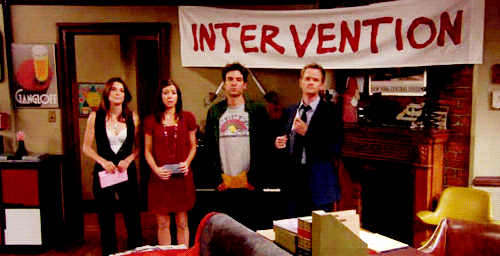
Cabinet Decision
The ban on TikTok was officially decided during a cabinet meeting in Nepal. The Minister for Communications and Information Technology, Rekha Sharma, confirmed the decision and stated that efforts were underway to close the app technically. This decision reflects the government’s commitment to address the perceived negative impact of TikTok on Nepalese society.
Internet Service Providers’ Role
To enforce the ban, the Nepal Telecom Authority has instructed internet service providers to block access to TikTok. Some providers have already complied, while others are in the process of doing so. This collaborative effort aims to restrict the app’s availability and usage within the country.
TikTok has not yet responded to Nepal’s decision to ban the app. In the past, the company has criticized such bans, considering them misguided and based on misconceptions. It remains to be seen how TikTok will address Nepal’s concerns and whether any alternative measures will be proposed.
Differing Opinions
Opposition leaders in Nepal have expressed their reservations about the ban, questioning its effectiveness, maturity, and responsibility. They argue that similar issues exist on other social media platforms and advocate for regulation rather than outright restrictions. This difference in opinion highlights the need for a comprehensive approach to address social media challenges.
The TikTok ban in Nepal has elicited diverse reactions. Gagan Thapa, the general secretary of the Nepali Congress, contends that the ban is driven more by political motives than a sincere commitment to safeguarding users.
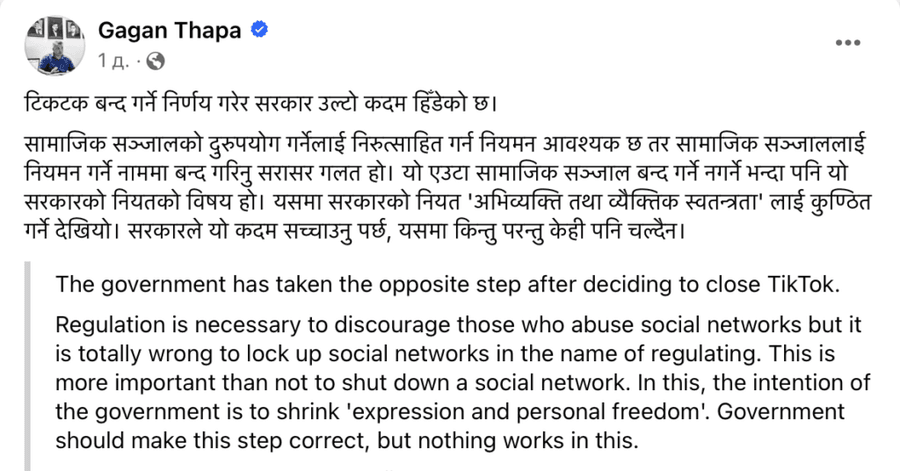
More Info:
- Web3 and the Metaverse – Stronger Digital Economy;
- Welcome Grok: Elon Musk’s AI Chatbot;
- Friend.tech: The Crypto Social Network with $1M Success in 24h
Nepal’s decision to ban TikTok demonstrates the government’s commitment to address the perceived negative impact of the app on social harmony and goodwill. While some support the ban as a necessary step to control misuse, others raise valid concerns about the effectiveness and responsibility of such measures.
As the ban takes effect, we can’t help but wonder, how much time with TikTok do we have left? Let’s watch all those stupid videos till we have time.
Disclaimer: All materials on this site are for informational purposes only. None of the material should be interpreted as investment advice. Please note that despite the nature of much of the material created and hosted on this website, HODL FM is not a financial reference resource and the opinions of authors and other contributors are their own and should not be taken as financial advice. If you require advice of this sort, HODL FM strongly recommends contacting a qualified industry professional.
